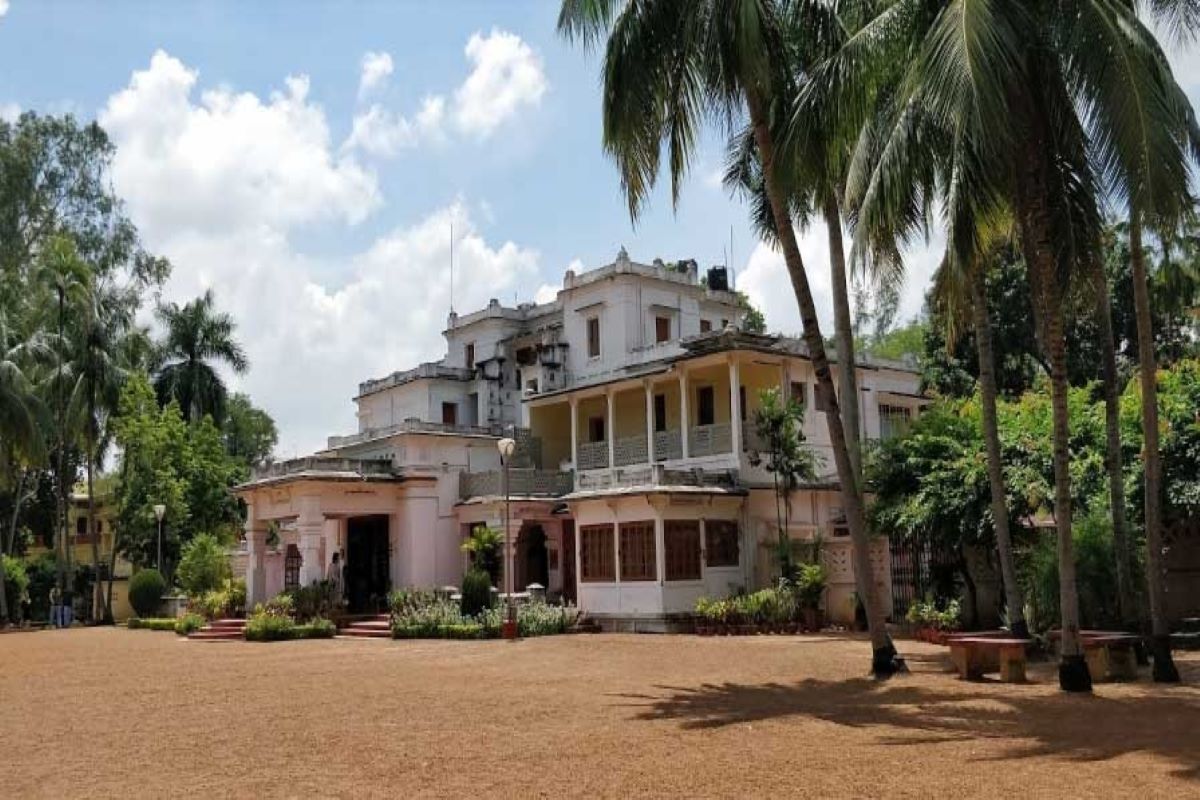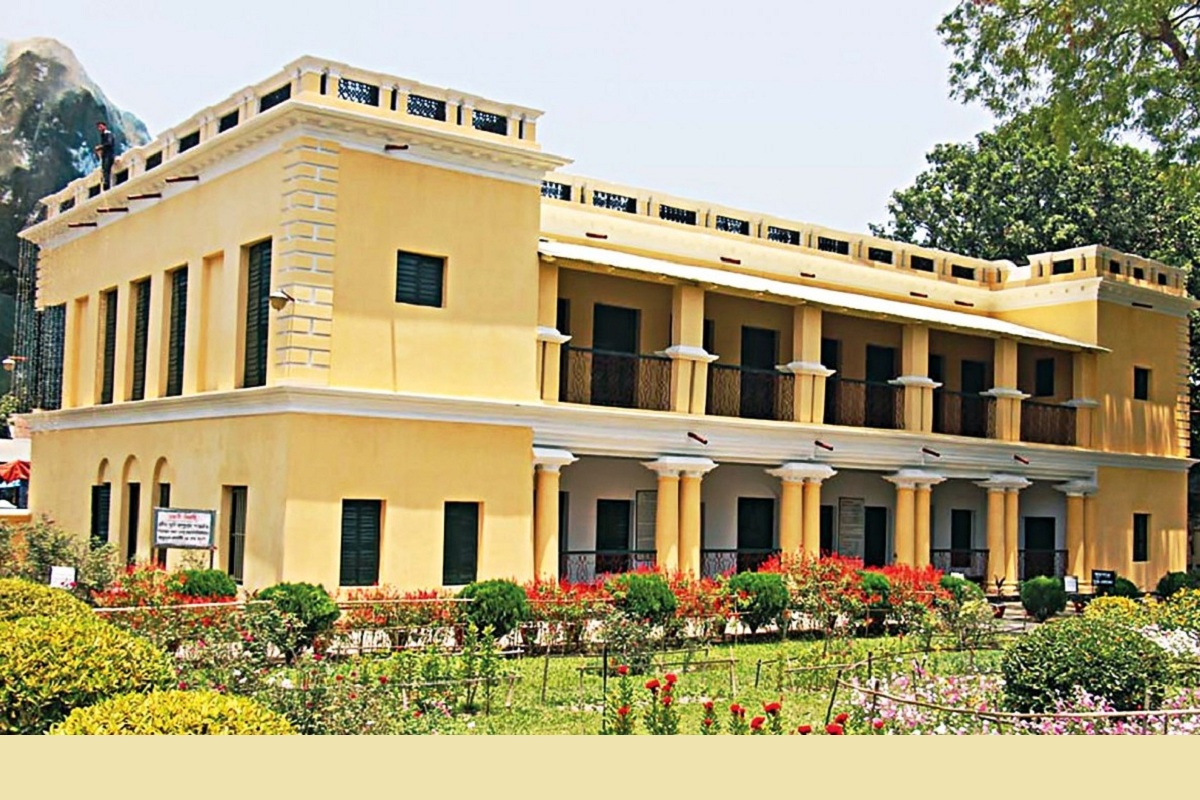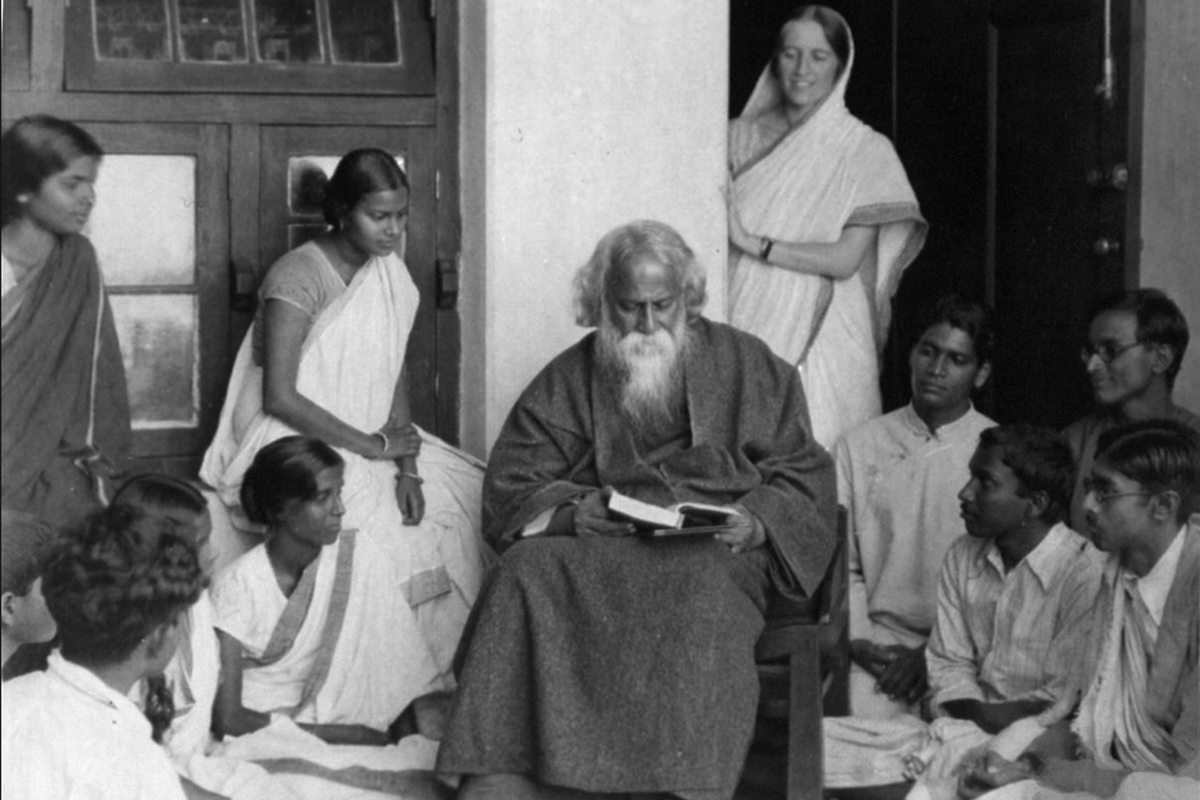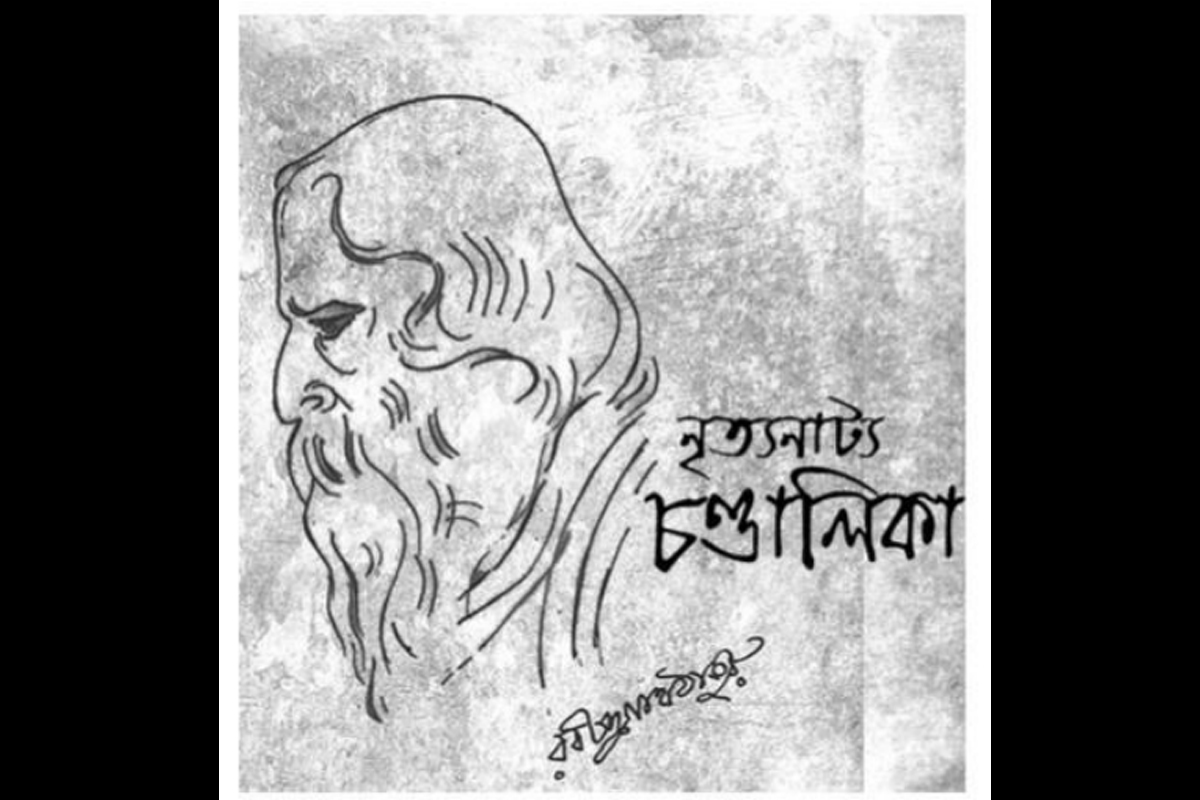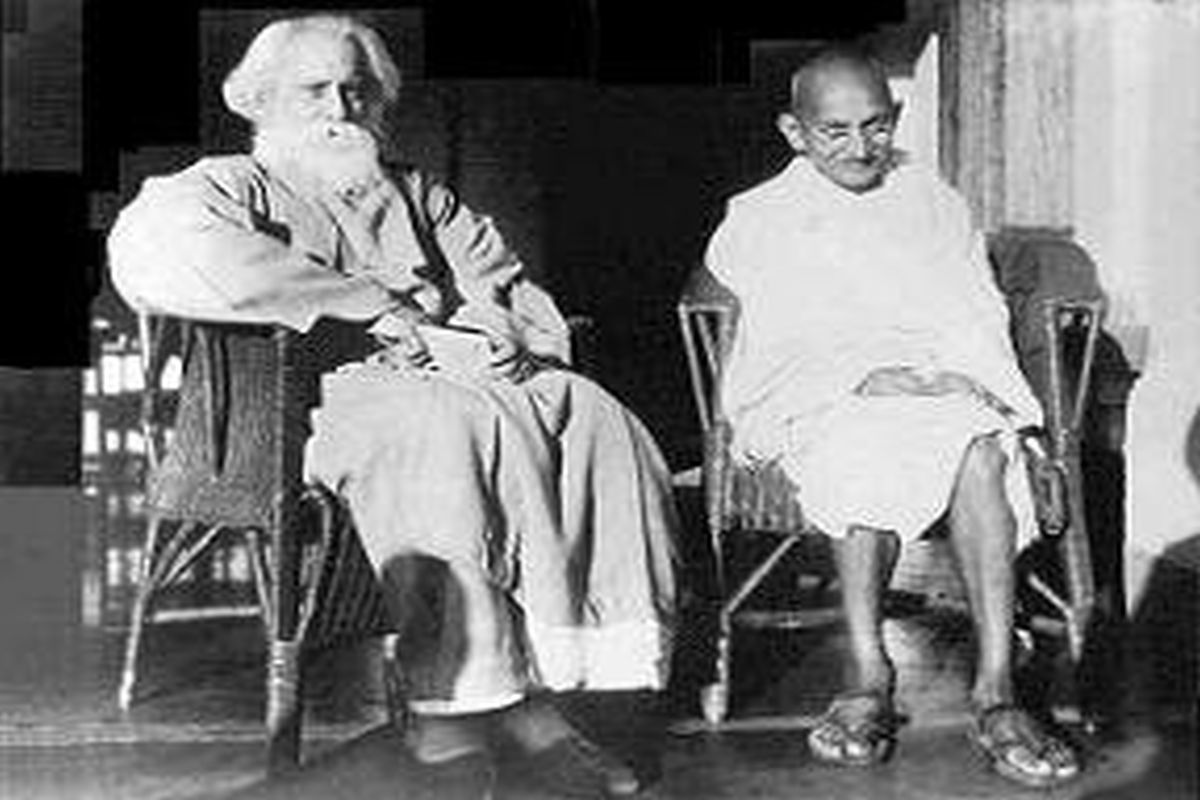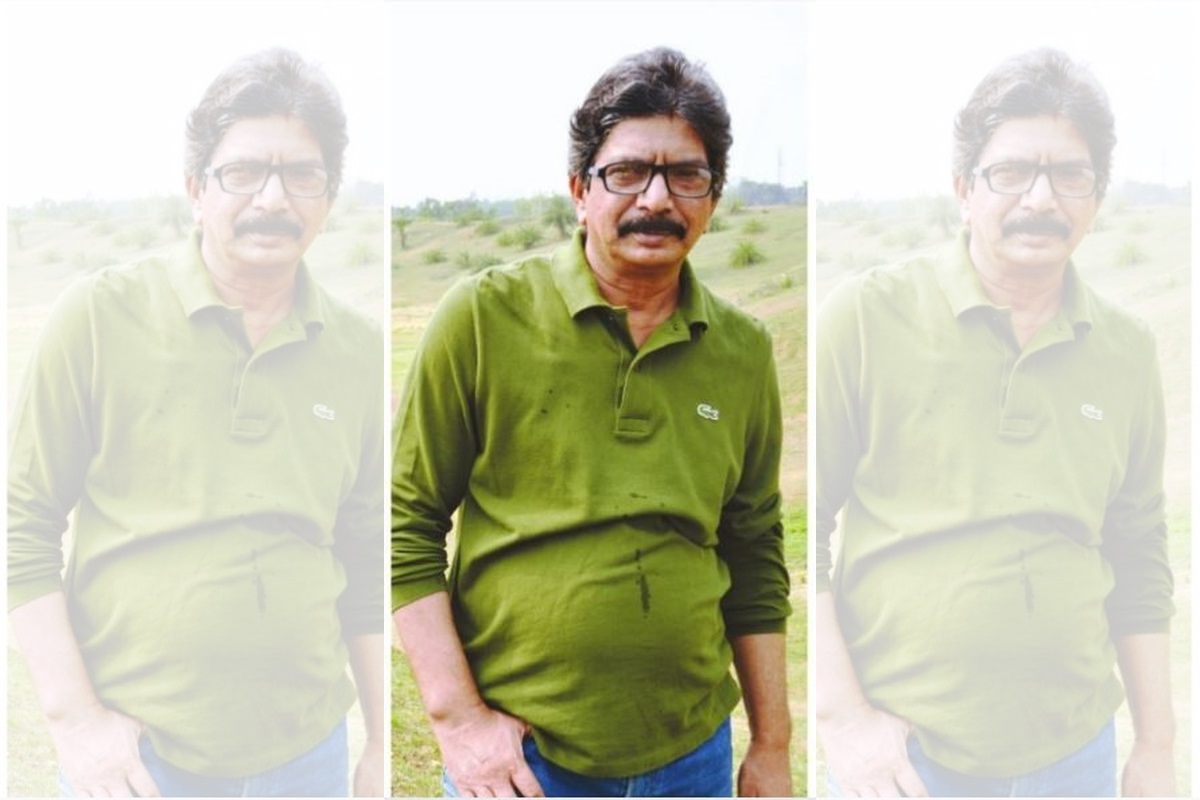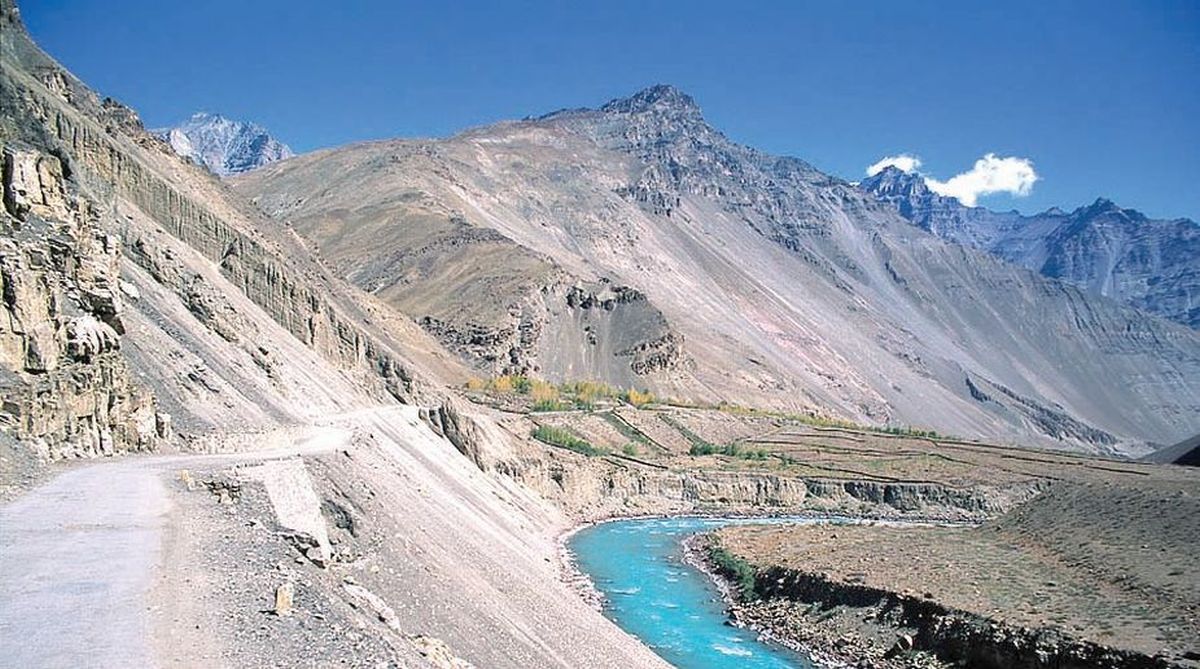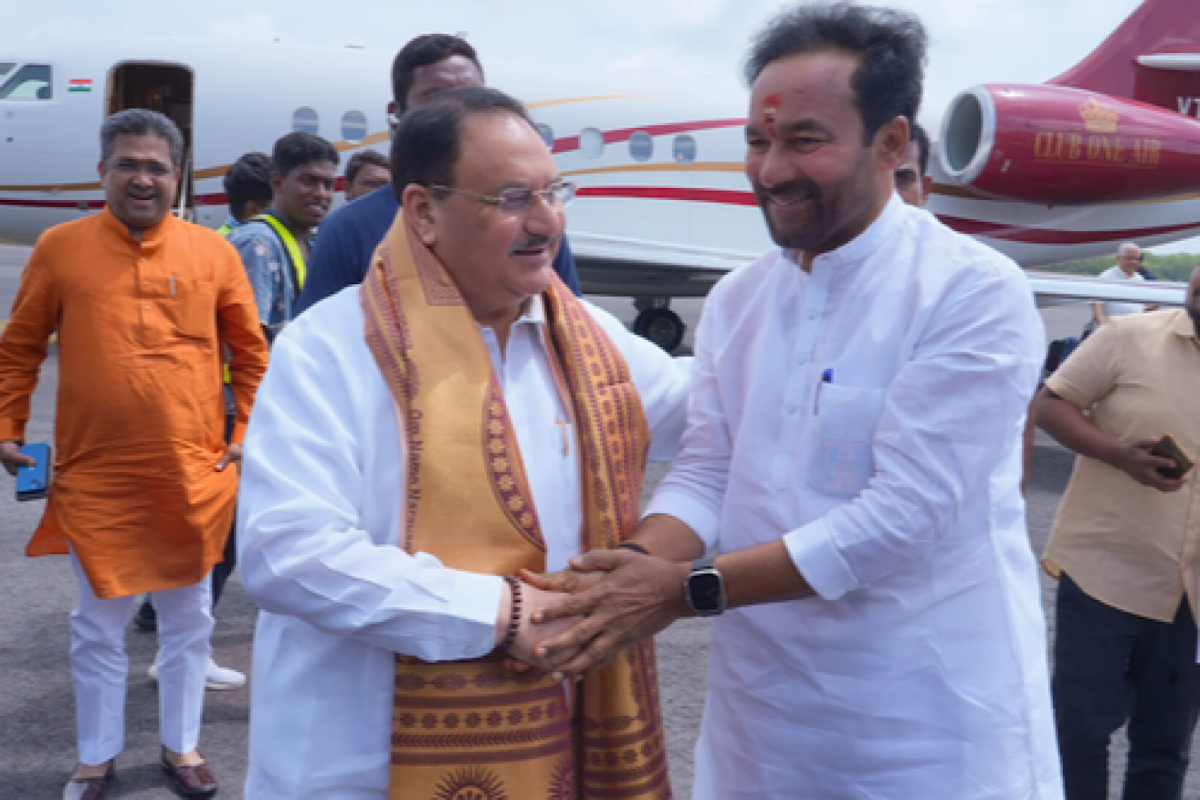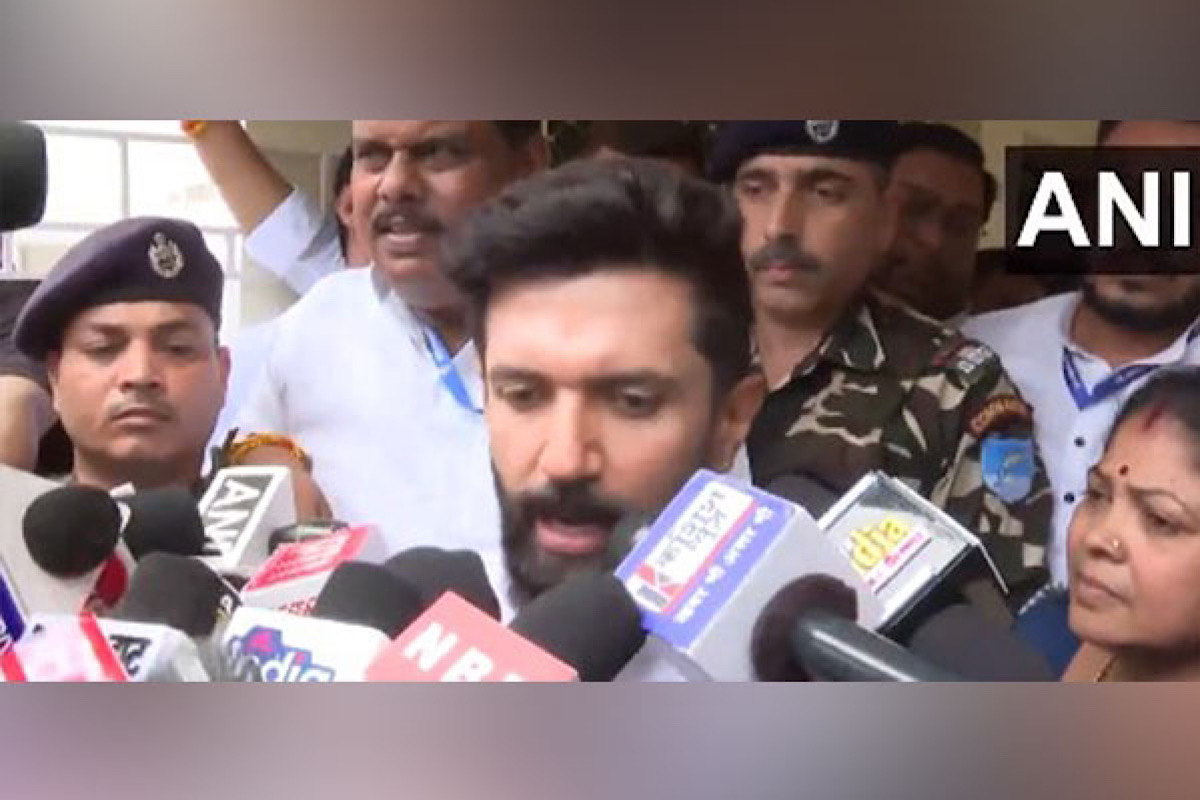Tagore and Development
Tagore wanted the welfare of the rural poor not by prodding mere literacy but by nurturing and widening their minds to give strength and consciousness. According to Tagore, reading and writing is a secondary question, communication from heart to heart is what matters more. He reiterated that without restoration of balance between city and village, no development was possible


